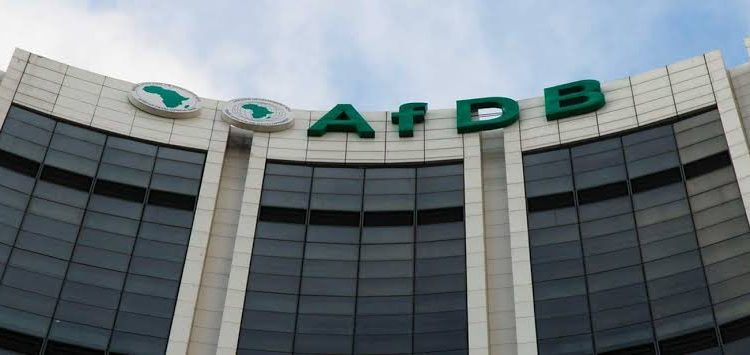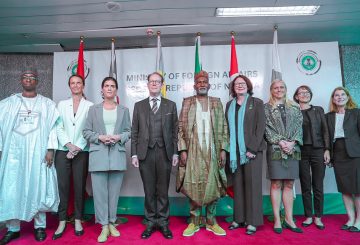The African Development Bank (AfDB) has engaged 21 states in the second phase of its Special Agro-Industrial Processing Zones (SAPZ) programme. This initiative was confirmed by Imo State Governor Hope Uzodinma during the 146th National Economic Council meeting held at the Aso Rock Villa, Abuja. The pilot phase, which included projects in Kano, Kaduna, Kwara, Oyo, Ogun, Imo, and Cross River states, as well as the Federal Capital Territory, is progressing steadily, while phase two is set to commence.
Uzodinma emphasized the transformative potential of the SAPZ programme, which aims to enhance food security and boost Nigeria’s agricultural landscape. He revealed that two weeks prior, a stakeholders’ meeting was convened to integrate the additional 21 states, urging all states to participate in this government-enabled yet private sector-driven initiative. The first tranche of $540 million has been allocated to pilot states, as disclosed by Prof. Banji Oyelaran-Oyeyinka, Senior Special Adviser on Industrialisation to the AfDB President, during a briefing to Vice President Kashim Shettima in February 2024.
The SAPZ programme seeks to establish agro-industrial hubs, improve infrastructure, and create farm-to-market access while fostering sustainable rural economic zones. Oyelaran-Oyeyinka noted that funding has been secured and states are being ranked based on eligibility criteria, such as feasibility studies, environmental impact assessments, and commitment to counterpart funding. With phase two preparations involving 27 states, the demand for participation is high, highlighting the need for swift action by interested states.
Additionally, the National Economic Council encouraged collaboration with the National Agency for Science and Engineering Infrastructure (NASENI) to enhance agricultural machinery maintenance and advance industrial initiatives. NASENI’s proposals include solar-powered tractors, land reclamation projects, and the repair of broken-down farm equipment, reflecting a commitment to bolstering Nigeria’s agricultural and industrial capabilities.





